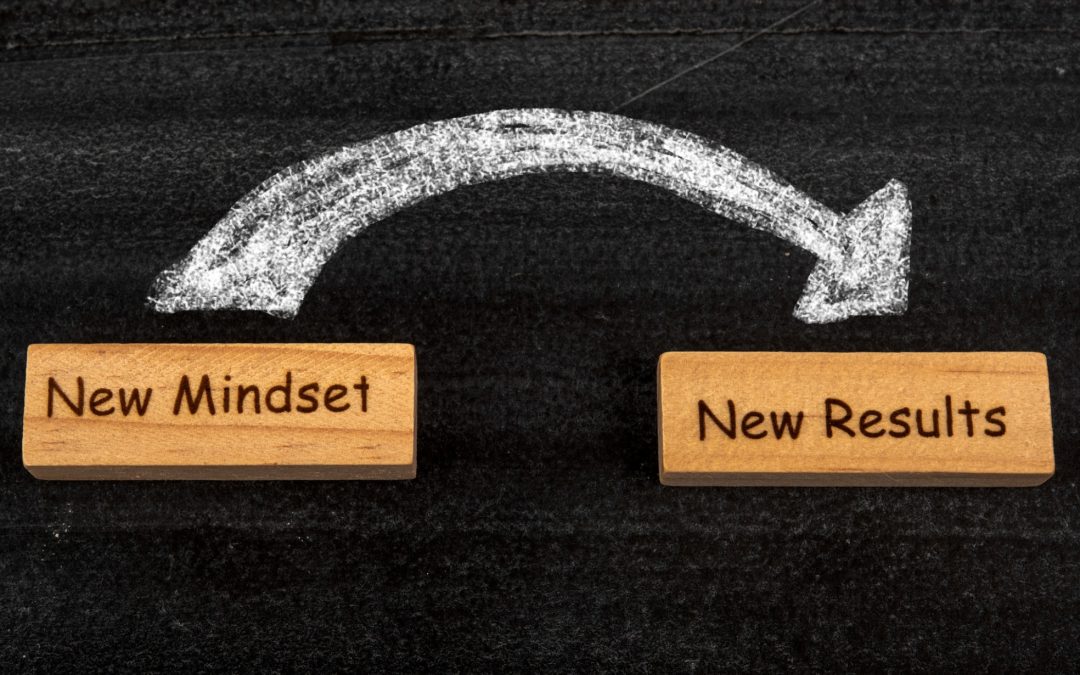One major impetus that Covid-19 pandemic has brought is the hastened speed of adoption in the use of communication technology, both in the hardware and the software, from our work to our personal life, and even in our play time. Our home, a personal refuge from work, has now become a place where our professional work takes place.
Work is no longer location-based and time dependent – this is termed “The New Normal”.
Many wonder if this “new normal” will continue post Covid-19? Will remote working be the future of work? Only time will tell. However, one thing is certain – the future of work is now. We will need to prepare ourselves to learn to live and work remotely. Now is the window of opportunity to reinvent ourselves for the future of work.
3 things we can consider in reinventing ourselves:
The future mindset of work means becoming a Lifelong Learner.
- We must learn to be agile and flexible to adapt to a fast-changing, technology-driven work environment.
- We need to grow ourselves in three domains – cognitive, emotional, and digital.
- Vital cognitive skills like critical thinking and complex problem-solving skills will be highly required;
- Empathy, compassion, and collaborative skills will be the way forward to manage teams; and
- The demand for digital skills will become more necessary as work becomes more digitalized.
“The secret for a bright future seems to me to lie in flexibility and in the ability to reinvent yourself… Think about yourself as a bundle of skills and capabilities, not a defined role or profession.”
~ Carol Stubbings Global Leader, People and Organization, PwC 2019
2. Reimage Your Career and Explore New Opportunities
When a computer operating system is not working as expected, we will likely have to reimage the system by reinstalling everything. Likewise, we can reimage our career by taking a fresh look at: our Interest, skills, abilities, and our work values.
Having clarity on our skills and competencies and identifying skills that are transferrable will allow us to explore greater work choices. With more work choices, it is therefore important that we also understand our work values. This will help us to further narrow down our choices of work that will meet our needs, and provide for our well-being.
In fact, to help workers discover their career interests, skills and work values, SkillsFuture has assessment tools that are available on their MySkillsFuture portal.
3. Build Personal Resilience
Change inevitably brings stress as it requires us to move out of our comfort zone. The need to be resilient, to withstand, adapt, and recover from these stressful circumstances will be an important aspect in taking care of our well-being.
We will need to better manage our negative thoughts and emotions, and learn to channel our energy to what is important and critical. It is therefore necessary for us to have a support system that will help provide the necessary emotional support. At the same time, we will also need to build a network of contacts that can act as our referrals and resources when the need arises.
Covid-19 has perhaps unintentionally shaped the future of work for both workers and organizations. Technology will hastily become the enabler with new jobs created because of this future of works in remote working. With all these rapid changes, there is really no better time than now to begin reinventing yourself for the future of work!
你可能也喜欢
A New Mindset
When Capelle facilitated a dialogue centering around loneliness at work for a group of professionals from diverse backgrounds, the conversations were interesting, and the concerns raised were not unexpected. The need of fitting in and wanting to belong surfaced as the underlying tone of the sharing sessions.
Recruiting Star Candidates – Is it Always the Best?
Most high performing CEOs believe in recruiting only the best and high-performance candidates. In reality, are star candidates always the best and serve to achieve the strategic goals of the organization?
Focusing On Your People And Culture In Digitalization
Change is a difficult process, which mostly provoked anxieties and uncertainties in people. For organizations to excel in this evolving trend, they need to understand the intricacies of this change journey.




